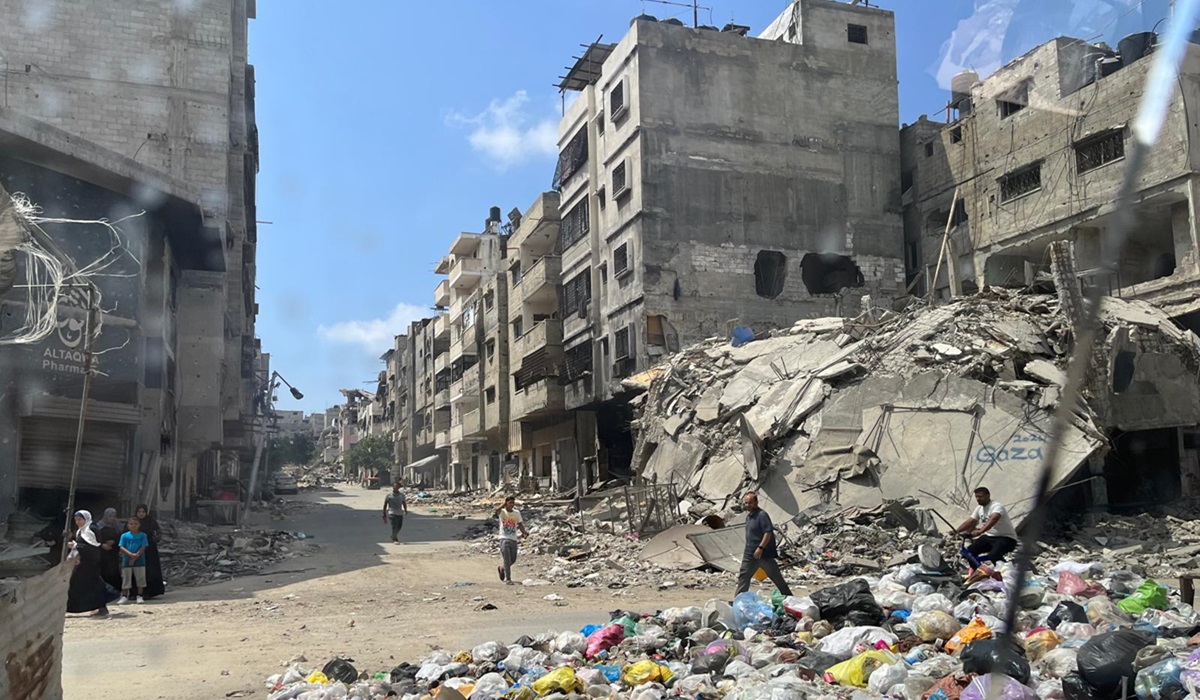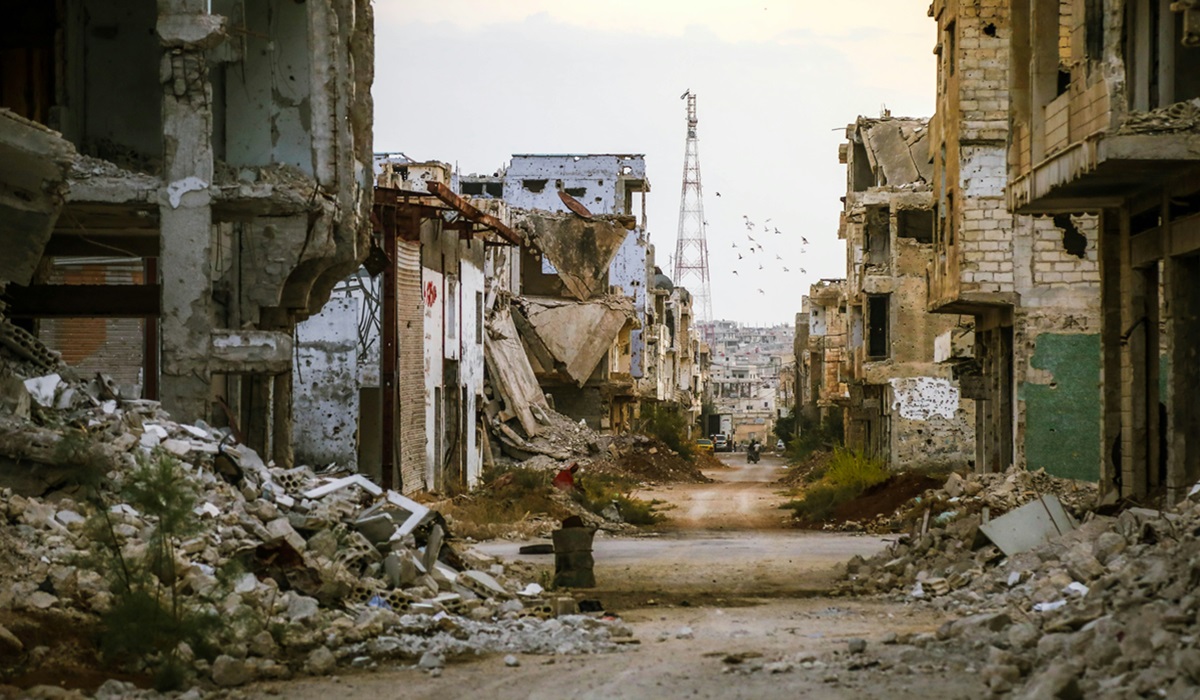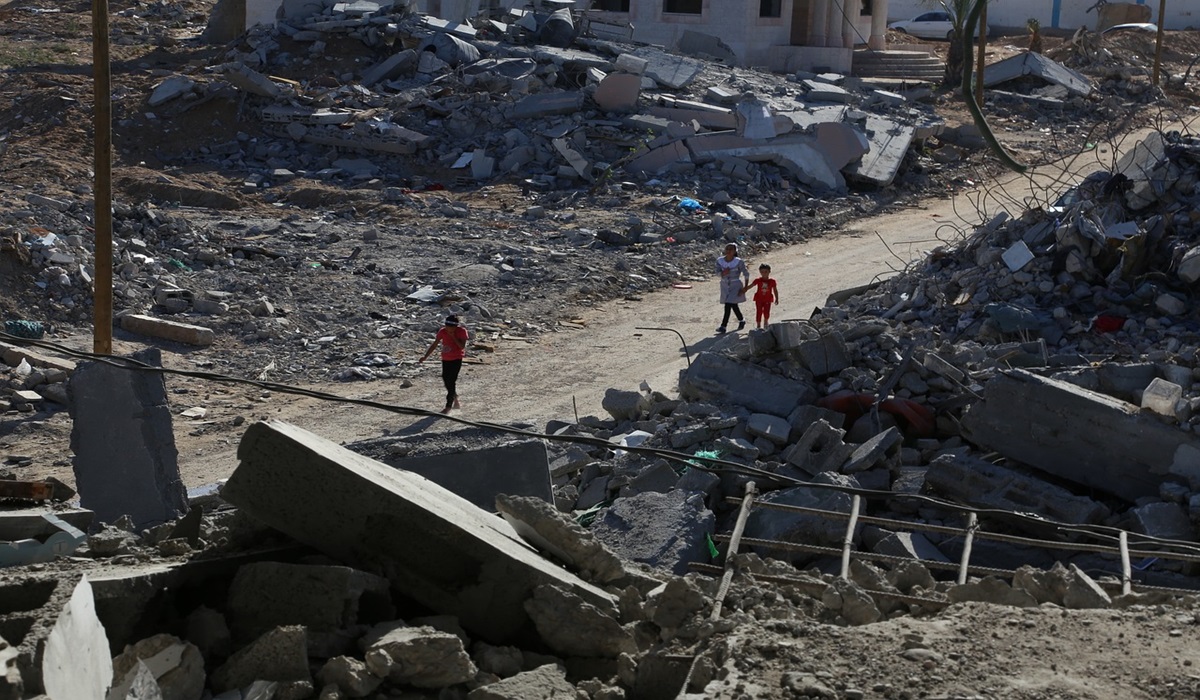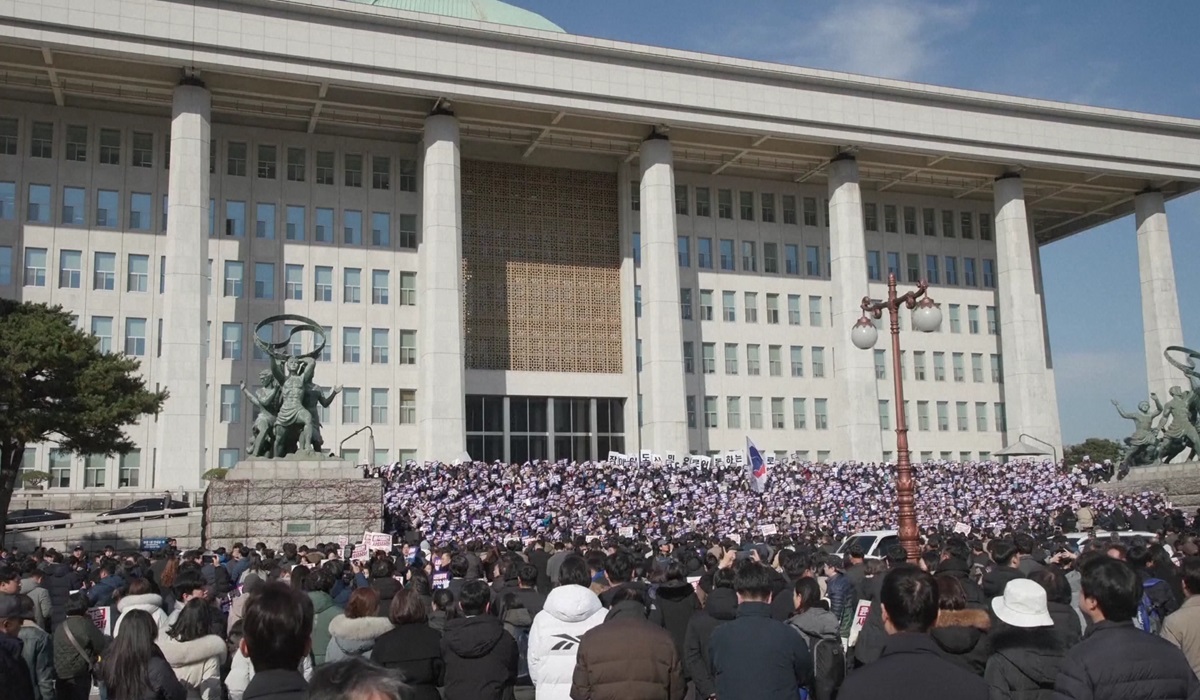Israeli Strikes in Lebanon Trigger Global Response as Superpowers Poised to Enter Proxy War
- TDS News
- Breaking News
- October 6, 2024

Image Credit, Hosny Salah
The conflict between Israel and Hezbollah has intensified, drawing in multiple global powers as tensions escalate across the region. Hezbollah, along with Hamas and the Houthis—militant groups backed by Iran—has increased its attacks on Israel, all groups having emerged in response to the Israeli occupation. In recent days, Hezbollah launched a significant number of rockets and drones into northern Israel, while Hamas and the Houthis also mounted their own offensives, further destabilizing the situation. Over the past 24 hours, Hezbollah alone carried out 21 separate attacks, targeting Israeli soldiers, military infrastructure, and even major cities.
In the midst of this growing conflict, French President Emmanuel Macron publicly called for a halt to arms shipments to Israel, urging for restraint and caution. However, shortly after Macron’s statement, a gas station in Lebanon, allegedly owned by a French subsidiary, was bombed by Israeli forces in what many view as a retaliatory strike. This action has further strained relations between Israel and France, adding another layer of complexity to an already volatile situation. France’s calls for an arms embargo have been met with strong opposition from Israel, which argues it is defending itself against an onslaught of coordinated attacks.
Meanwhile, the United States remains firmly behind Israel, offering both military aid and unwavering political support. The Biden administration has requested that Israel refrain from striking Iranian oil fields, likely in an attempt to prevent further escalation, but no other targets have been placed off-limits. Prime Minister Benjamin Netanyahu, however, appears determined to pursue his own course of action, recognizing the political leverage Israel holds over American leadership. Many observers believe Netanyahu is unlikely to heed U.S. requests, as he knows American presidents often rely on Israel’s support to secure electoral success. This raises the likelihood that Netanyahu may initiate strikes against Iranian oil fields, an act that could trigger a series of devastating events.
Iran has made it clear that any attack on its oil infrastructure would prompt full-scale retaliation. The Islamic Republic has vowed to target U.S. military assets and oil facilities across the region, potentially crippling the flow of oil to the United States. These threats have alarmed Middle Eastern nations hosting U.S. military bases, leading many to sign agreements prohibiting the use of their airspace for American military strikes on Iran. The fear of widespread destruction has caused a significant shift in regional alliances and defense strategies.
Russia has also signaled its intent to deepen its involvement in the conflict, recognizing Iran as a crucial ally and a key member of BRICS. Allegations have surfaced that Russia is supplying military equipment and even personnel to assist in defending against attacks on Iranian, Lebanese, and Syrian targets. Reports suggest that Russian military assets have already been involved in intercepting missiles headed toward these regions, further complicating the international dynamics of the conflict.
Turkey, a regional powerhouse, has likewise positioned itself on the brink of entering the conflict. President Erdoğan, facing growing pressure after losing ground in local elections and cutting economic ties with Israel, has vowed to intervene if Lebanon faces further destruction. Turkey, known for its advanced drone capabilities, is prepared to play a significant role in countering Israeli military actions, signaling its intention to protect Lebanon and stabilize the region.
Israel now finds itself fighting on multiple fronts, including Gaza, Rafah, the West Bank, Lebanon, Syria, and potentially Iran. While Israel maintains the backing of major allies such as the United States, Germany, the United Kingdom, and Canada, the strain on its military is evident. Waging war across such a vast theater has historically proven to be a difficult, if not impossible, task. Analysts have drawn comparisons between Israel’s current position and other historical conflicts, noting that fighting on multiple fronts rarely benefits the aggressor.
A lasting resolution remains elusive as the violence continues. The international community has long recognized the two-state solution as the most viable path to peace, but ongoing occupation and military campaigns have made progress toward such a solution seem increasingly distant. Some draw comparisons to South Africa’s apartheid era, where prolonged oppression ultimately led to collapse. As more global powers are drawn into this proxy war, the consequences could reshape not only the Middle East but also the geopolitical balance worldwide.
In the end, the conflict is spiraling toward a critical juncture. If Netanyahu continues to defy international calls for restraint and launches strikes on Iranian oil fields, the regional consequences could be catastrophic. The involvement of Russia, Turkey, and other powers signals that this is no longer a localized conflict, but rather one with the potential to draw in superpowers with competing interests. What happens next could redefine the political and military order of the region, as well as the global response to this unfolding crisis.








